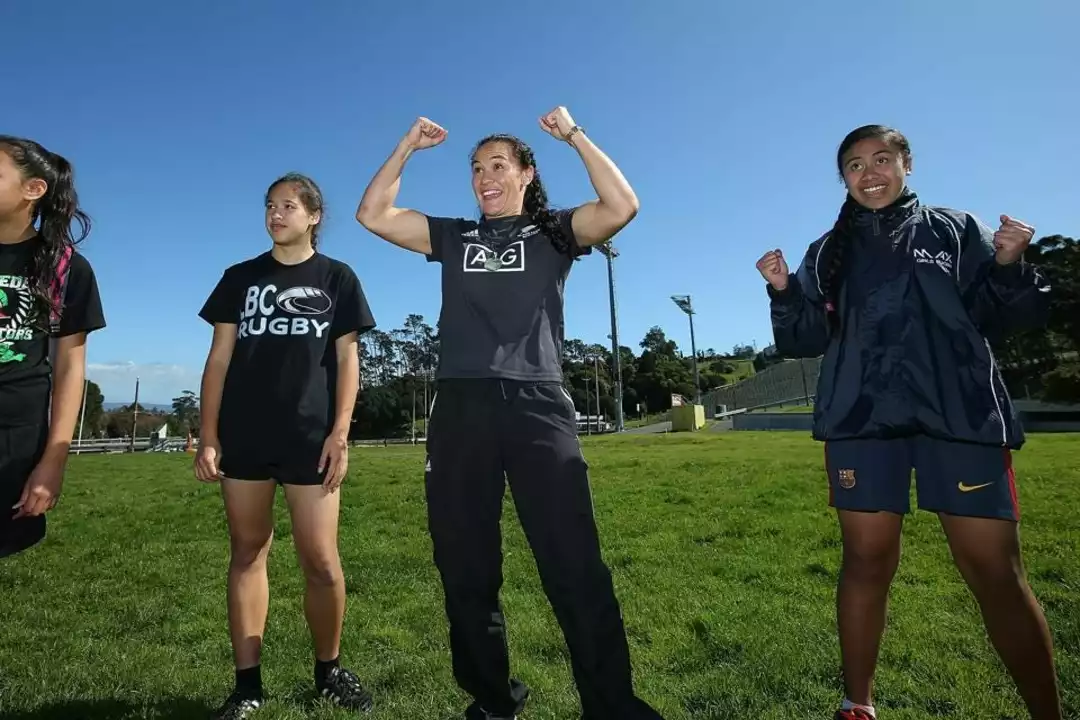Exploring the Impact of Body Size and Type on Rugby Performance
When it comes to rugby, body size and body type can have a big impact on how you play the game. Players need to be strong and agile, with the right mix of power and speed to match up with their opponents. So does body size and body type really make a difference? Let's explore.
Strength & Power
Strength and power play a huge role in rugby, and body size can have an impact on this. Larger players tend to have an advantage in terms of sheer power, while smaller players may be able to use their agility and speed to their advantage. That said, strength and power can be built through training and conditioning, so even smaller players can be competitive.
Endurance & Stamina
Endurance and stamina are also important in rugby, especially for the longer matches. Larger players may have an advantage here due to their increased size and weight, but smaller players can train to increase their endurance and stamina. It's also important to note that larger players may tire more quickly due to their increased weight and size, so smaller players may be able to use this to their advantage.
Agility & Speed
Agility and speed are essential traits for any rugby player, and smaller players tend to have an advantage here. Smaller players can use their agility and speed to evade their opponents and get to the ball faster, while larger players may struggle to keep up. Larger players can, of course, train to increase their agility and speed, but smaller players may still have the upper hand.
Conclusion
In conclusion, body size and body type can have an impact on rugby performance. Larger players may have an advantage in terms of sheer power and endurance, while smaller players may be able to use their agility and speed to their advantage. Ultimately, both body types can be successful in rugby, though the right mix of power, speed, endurance, and agility will be key for any player.
Analyzing the Role of Body Size and Type in the Rugby Game
Rugby is a full-contact sport, and the physicality of it is often what makes it so exciting for fans. The size and body type of players can greatly influence the outcome of a match, as players with bigger frames have the power to dominate on the field.
Body size and body type can both be advantageous in rugby. Generally, bigger players are able to overpower their opponents, giving them an advantage in scrums and rucks. They are also able to make more powerful tackles. On the other hand, smaller players may be able to move around the field faster, which can be invaluable in open play. This means that they can be more effective in breaking through defences and scoring points.
However, it's important to remember that size and body type alone don't guarantee success. While they can be a great help, they need to be combined with skill and technique in order to be effective. It's not enough to simply have a bigger frame; players need to have the agility and speed to make the most of it. Similarly, smaller players need to have the strength and skill to make their size an advantage.
Also, it's important to note that rugby is a team game, and that size and body type are only part of the equation. All players need to be able to work together in order to be successful. Even if one player has a size advantage, it's not enough if the rest of the team isn't working together. The key is to find the right balance of individual skills and team dynamics.
In summary, body size and body type can definitely play an important role in rugby, but they need to be combined with skill, agility, and teamwork in order to be successful. With the right combination of size, skill, and teamwork, any team can be successful in rugby.
